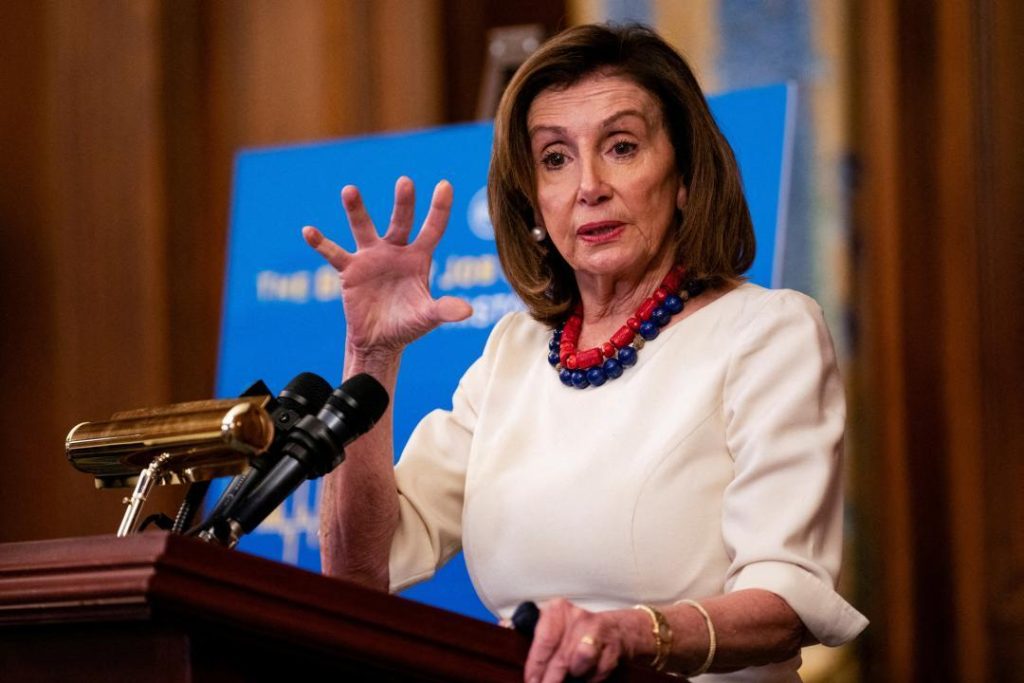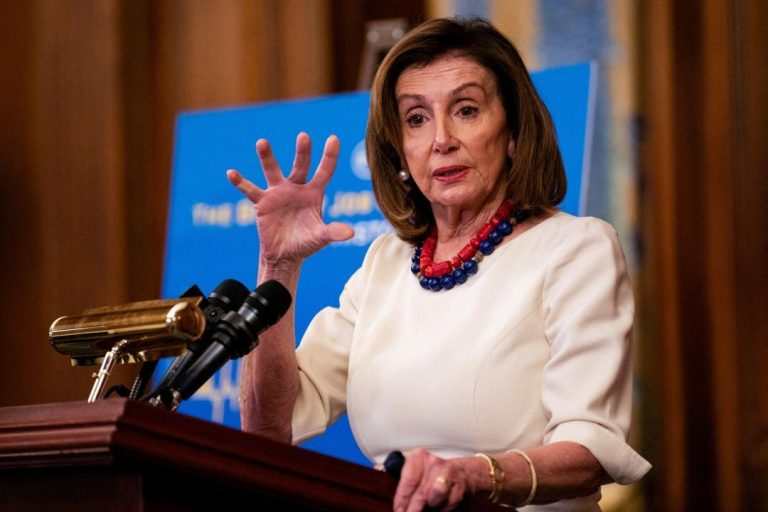
What is the PELOSI Act and why is it named after former US Speaker Nancy Pelosi?
In a move aimed at curbing potential conflicts of interest and promoting transparency, US Senator Josh Hawley has reintroduced the Preventing Elected Leaders from Owning Securities and Investments (PELOSI) Act. The bill seeks to prohibit lawmakers and their spouses from holding or dealing in stocks while holding office. However, lawmakers would still be allowed to invest in mutual funds, exchange-traded funds, and Treasury bonds.
The act is named after Nancy Pelosi, the former Speaker of the US House of Representatives, who has faced criticism for her family’s significant stock market gains during her tenure. Pelosi’s husband, Paul Pelosi, made over $5 million in stock trades in 2020 alone, sparking concerns about insider trading and the potential for conflicts of interest.
The PELOSI Act is not the first attempt to address these concerns. In 2012, the Stop Trading on Congressional Knowledge Act (STOCK Act) was passed, which prohibited lawmakers and their staff from using non-public information for personal financial gain. However, loopholes in the law allowed lawmakers to still hold and trade stocks, leading to concerns about the potential for abuse.
The PELOSI Act closes these loopholes by prohibiting lawmakers and their spouses from holding or dealing in individual stocks, while still allowing them to invest in more diversified and less speculative investment products. This would help to reduce the potential for conflicts of interest and insider trading, and promote a more transparent and accountable government.
But why is the act named after Nancy Pelosi? The answer lies in the controversy surrounding her family’s stock market gains during her tenure as Speaker. As mentioned earlier, Paul Pelosi made over $5 million in stock trades in 2020, sparking concerns about insider trading and the potential for conflicts of interest. While Pelosi has denied any wrongdoing, the controversy has highlighted the need for greater transparency and accountability in Congress.
The PELOSI Act is not a party-specific issue, and lawmakers from both sides of the aisle have expressed support for the bill. In a statement, Senator Hawley said, “The American people expect their elected officials to put their interests above their own, and that means avoiding even the appearance of conflicts of interest. This bill is a common-sense step towards ensuring that our elected officials are serving the public, not their own bank accounts.”
The act has also been endorsed by government watchdog groups, such as Citizens for Responsibility and Ethics in Washington (CREW). “Lawmakers should not be allowed to profit from their office, and the PELOSI Act is a crucial step towards preventing that kind of abuse,” said Noah Bookman, CREW’s executive director.
While the PELOSI Act is not a panacea for all the problems associated with lawmakers’ financial dealings, it is an important step towards increasing transparency and accountability in Congress. By prohibiting lawmakers and their spouses from holding or dealing in individual stocks, the act would help to reduce the potential for conflicts of interest and insider trading, and promote a more responsible and accountable government.
As the debate over the PELOSI Act continues, it is clear that the issue of lawmakers’ financial dealings is a complex and contentious one. However, by promoting greater transparency and accountability, the act would help to rebuild trust in government and ensure that lawmakers are serving the public, not their own interests.






